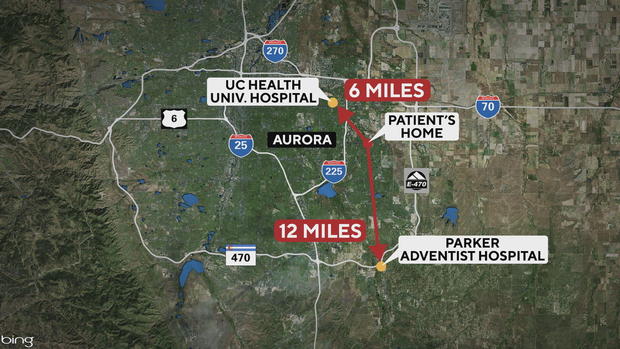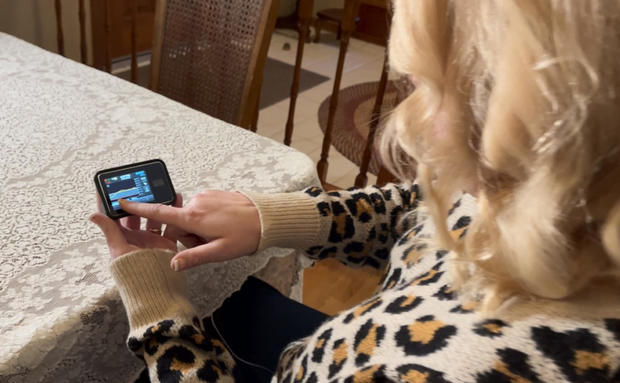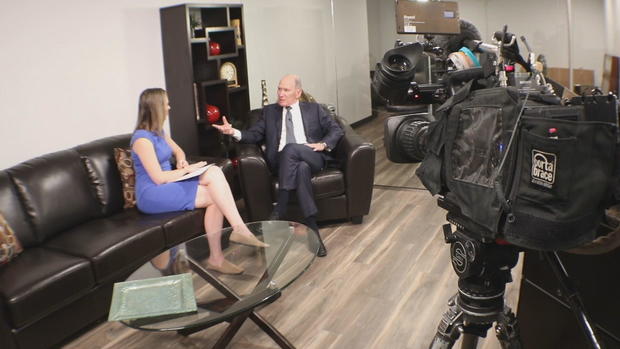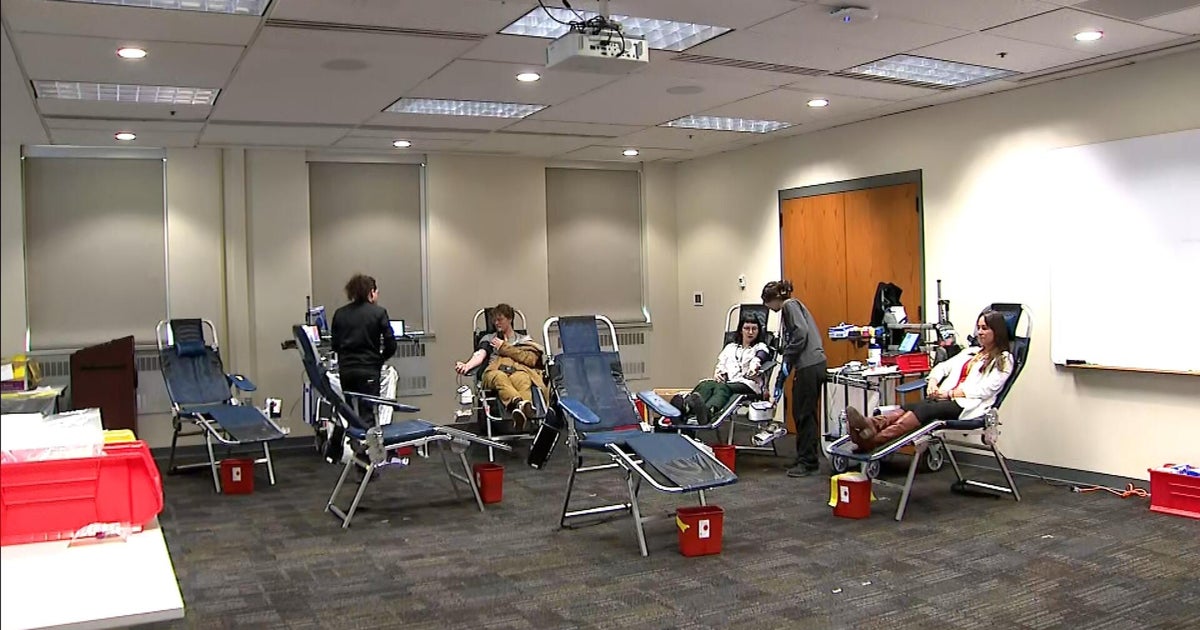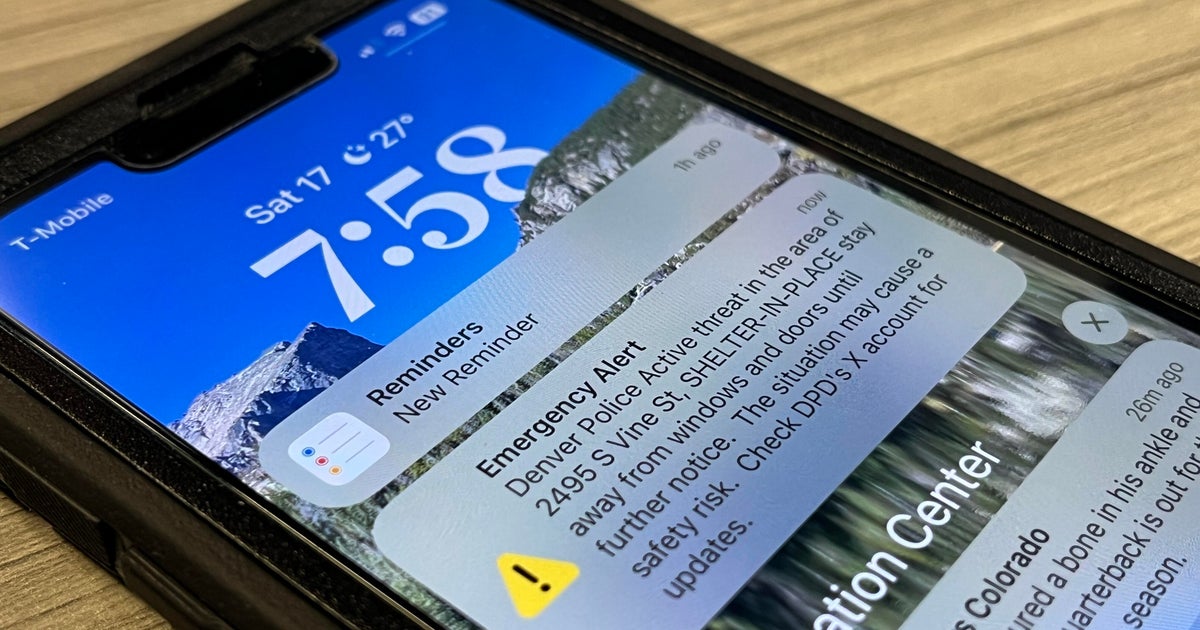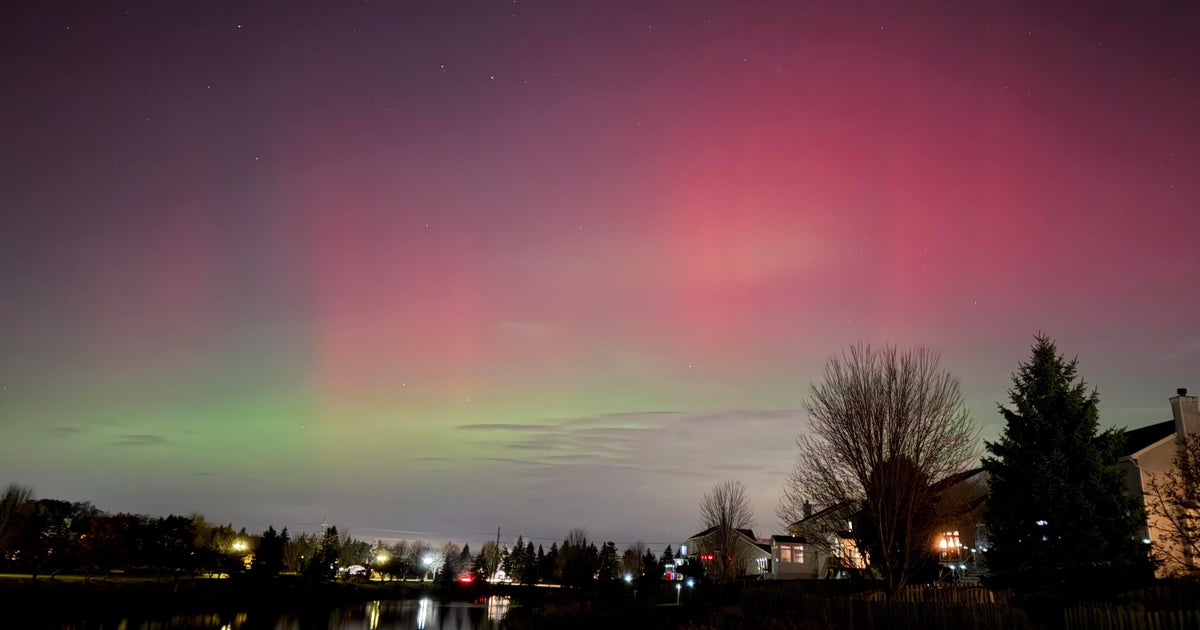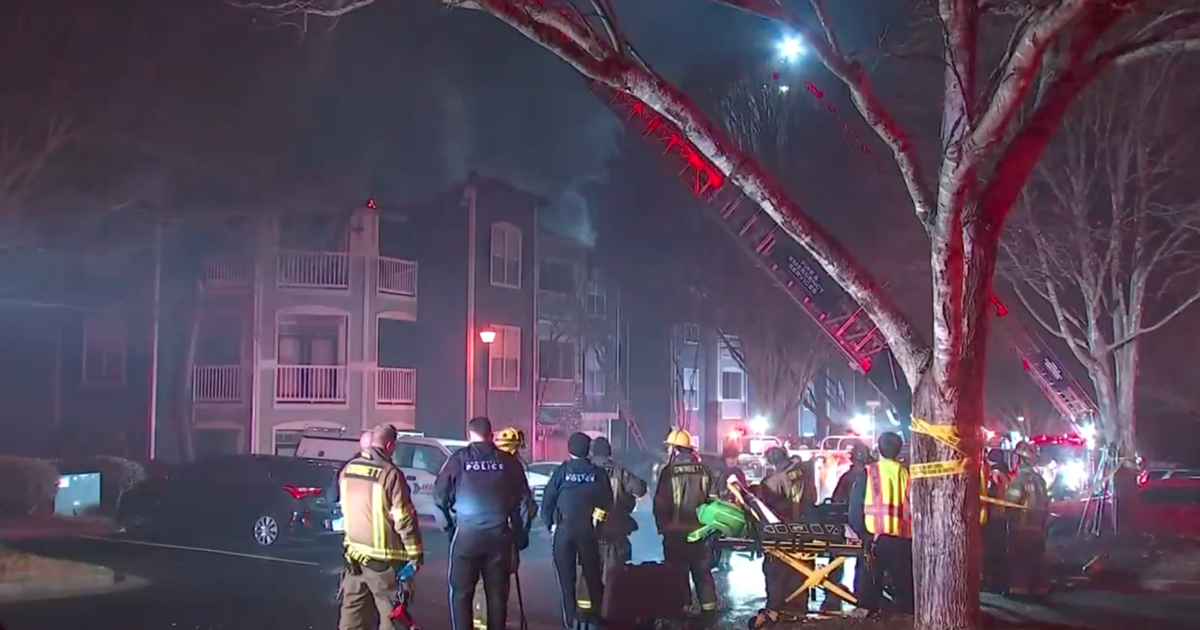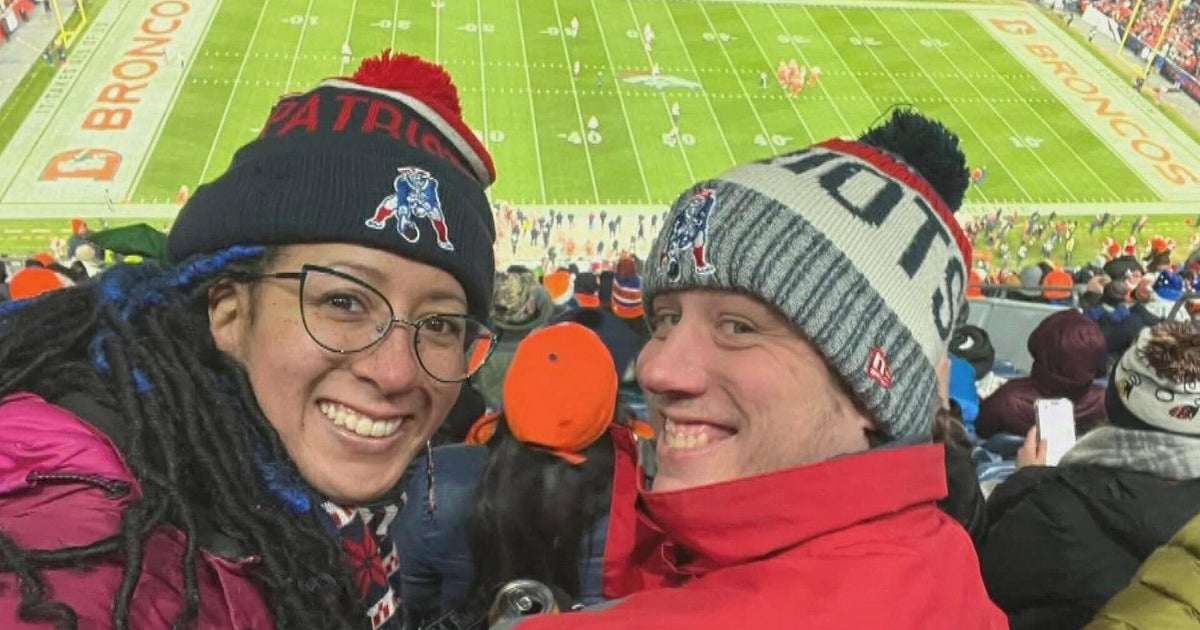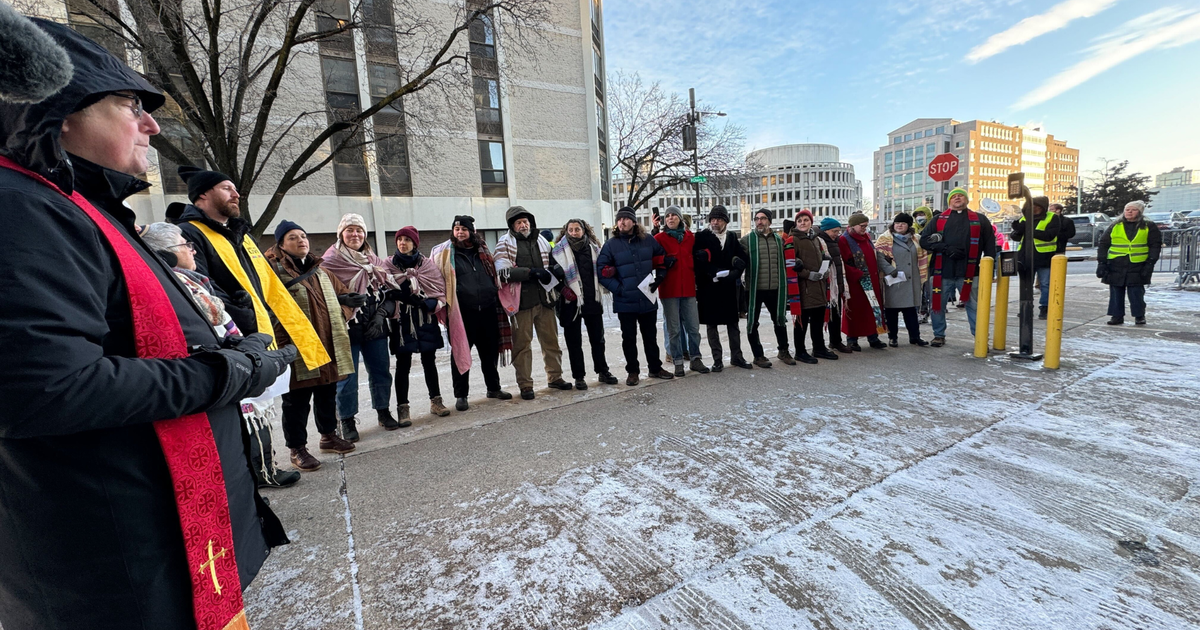Aurora paramedics didn't take a patient to her choice hospital, now they could be liable for her bills
An Aurora woman says paramedics put her life at risk when they wouldn't take her to the hospital of her choice. Emergency experts tell CBS News Colorado the city could be liable for her higher out-of-network hospital bills.
It all began when Darien Peoples, 34, of Aurora, was having a diabetic emergency on the night of Nov. 28, 2022. She was going into ketoacidosis; she wasn't breathing normally, and her blood glucose levels were dangerously high.
As a Type I diabetic, Peoples has been a frequent patient of a hospital just six miles from her home — UCHealth's University of Colorado Hospital — where she says they accept her insurance and know her medical history.
Peoples' boyfriend called Aurora 911, and when paramedics arrived on scene, he asked for her to be taken to UCHealth. But Peoples says paramedics refused, saying they had to take her to Parker Adventist Hospital instead — more than 12 miles from her home.
Because she was a new patient, Peoples says she didn't receive the IV insulin she needed for more than two hours.
"I have a very good team of doctors at the University hospital that knows me," Peoples said. "They're familiar with my reactions to drugs ... so then to be sent somewhere else with strangers ... I ended up having to wait for them to establish a history, establish medical tests, before I was even able to get my insulin. By that time, my numbers were 1400, and a normal diabetic should be 180 or less."
She ended up having to stay in the hospital for five days. Now, she says she's facing high out-of-network insurance bills.
"It makes me very mad, very frustrated," Peoples said. "This is not something I chose, and I am trying to manage staying alive to the best of my abilities, and to have a system that is supposed to help that, to support that, completely fail is unacceptable."
So CBS News Colorado wanted to know, why wouldn't paramedics take her to the hospital of her choice?
Several emergency management experts say the patient's preference should always be first priority, unless the hospital is on a divert status due to being too full.
But UCHealth confirms it wasn't on divert that night, adding that it is "extremely rare" for the hospital to be on a divert status. In all of 2022, the hospital says, it was only on a divert status once.
Aurora Fire tells CBS News Colorado paramedics were on a so-called "zone master" protocol that night, and that zone master and divert are different.
The city says zone master is a policy that determines the rotation of hospitals to which paramedics take patients, and because that protocol was activated, paramedics were within their right to refuse Peoples' request, adding that paramedics were simply following city protocols.
However, Aurora Fire's own policies say that zone master is activated when all hospitals in the area are on a divert status. See page 19 of the city's EMS policies by clicking here.
EMS experts and some other fire districts tell CBS News Colorado Peoples' experience shouldn't have happened. That no matter what the rotation policies might be, the patient's hospital choice should always be honored first, except in rare mass casualty situations.
Some fire districts even say the zone master policy is an outdated term.
Attorney Brad Levin, who specializes in insurance and medical cases, says at first review, it appears the city could potentially be liable for Peoples' out-of-network bills.
"It sounds to me that there was potential negligence ... that would place the blame, the responsibility, on the ambulance company for her ending up into place she shouldn't have been," Levin said. "The fact that she ended up in an institution that was out of network, that's a huge problem."
He says more investigation would need to be done to determine what may have gone wrong and why.
But Peoples has few other places to turn without spending more money on her own defense.
CBS News Colorado found, currently, there is no state oversight of ambulance companies, and no state investigating agency consumers can rely on if they have problems with an ambulance response.
However, that is set to change in 2024, when new state laws regulating ambulance districts will go into effect for the very first time.
"I think that this is a good example, a real prime example of why it is that having regulations in place could help to mitigate against these kinds of things from happening, particularly when you talk about inter jurisdictional types of issues," Levin said.
Peoples agrees. She's worried a lack of state oversight could cause something like this to happen again.
"There should be some human oversight, at the very least," Peoples said.
In the meantime, she hopes her story will warn others to know their rights and stand up for themselves when they call for help.
"Knowing that this kind of system is out there and that it does end up hindering people and hurting people, being knowledgeable about that and being able to support and add your voice to it, I think is the biggest thing," she said. "Just educating other people about what's really going on behind the scenes."
Aurora Fire contracts a private company for ambulance services. CBS News Colorado also reached out to that company for comment, but they referred us back to the city. However, Aurora Fire declined to speak in an on-camera interview for this story.
There's a state committee in place right now crafting the new oversight laws for ambulances, that has been meeting regularly to discuss and design the new regulations going into effect next year.
To learn more about the committee and to find out how to attend the next meeting, click here.
